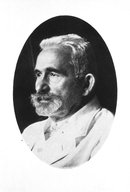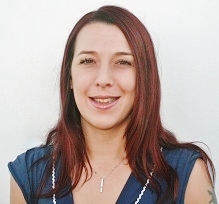 The second part of a Pat Deegan interview by the business magazine Forbes.
The second part of a Pat Deegan interview by the business magazine Forbes.
‘We’re talking with Pat Deegan, creator of CommonGround, a web-based application that empowers patients recovering from mental illness to take a more active role in their recovery.
A former schizophrenia patient in her teens, Pat overcame a diagnosis of complete disability to become an internationally-recognized psychologist, and founder of a Personal Medicine system that empowers people diagnosed with mental conditions, working with their care providers and their communities, to take control of their own treatment and personal recovery.














 In my blogs, I will be exploring the nature of recovery and will sometimes focus on the ideas of someone else (or a group of people). I’ve previously looked at how David Best has talked about “What is Recovery?” David described key principles underlying addiction recovery.
In my blogs, I will be exploring the nature of recovery and will sometimes focus on the ideas of someone else (or a group of people). I’ve previously looked at how David Best has talked about “What is Recovery?” David described key principles underlying addiction recovery.
